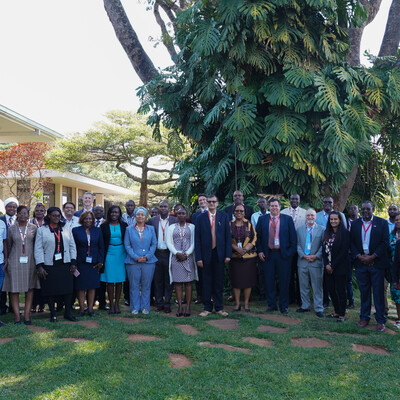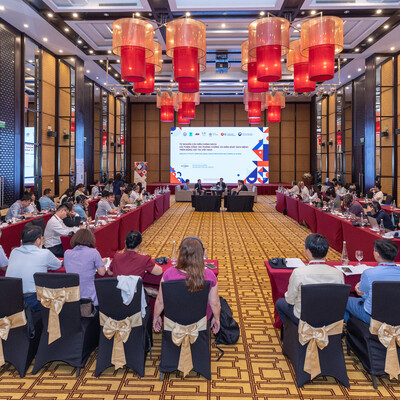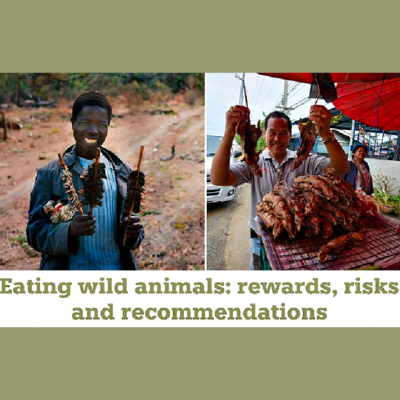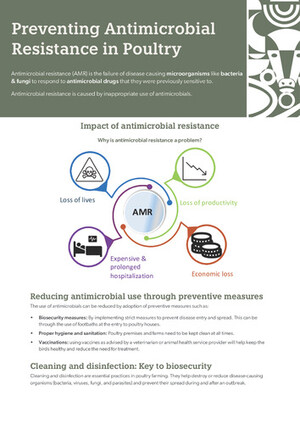

CGIAR Antimicrobial Resistance Hub
The CGIAR Antimicrobial Resistance Hub, hosted by the International Livestock Research Institute (ILRI), applies a One Health approach to support efforts in low- and middle-income countries to mitigate risks of agriculture-associated antimicrobial resistance . The hub contributes to ILRI's Animal and Human Health program and leads the antimicrobial resistance component of the ILRI-hosted One Health Research, Education and Outreach Centre for Africa.
In line with the CGIAR antimicrobial resistance strategy that recognizes the need for evidence linking antimicrobial resistance in agriculture and public health outcomes, the CGIAR Antimicrobial Resistance Hub supports the development of evidence-based interventions that are locally relevant and applicable. Research on how to best implement and scale workable solutions is embedded in capacity development activities and supported through advocacy for enabling policies. These research pillars rest on effective transdisciplinary partnerships.
Antimicrobial resistance is a silent pandemic that has mobilized scientists, international agencies, governmental institutions and relevant stakeholders to reduce imprudent antimicrobial use and reduce antimicrobial resistance transmission between different ecological niches.
Antimicrobial resistance is a complex biological issue that requires understanding of social, economic and political drivers. A key aim of the hub is to convene different stakeholders and value chain actors to influence the antimicrobial resistance agenda by facilitating collaborations and new research partnerships and enabling effective communication around agricultural-associated antimicrobial resistance.
CGIAR is well positioned to address agriculture-related antimicrobial resistance risks and their implications for human health in low- and middle-income countries. Through the CGIAR Research Programs on Agriculture for Nutrition and Health (led by the International Food Policy Research Institute), Livestock (led by ILRI) and Fish (led by WorldFish) and involvement of the International Water Management Institute, scientists at CGIAR and international research partners develop multi-sectoral activities to better understand, improve and design innovative strategies to tackle antimicrobial resistance in low- and middle-income countries.
You may also like

ILRI News
ILRI trains regional livestock officers in Ghana on the interface for Marek’s Disease Economic Impact and Trade-off (i-MaDE-IT).
ILRI News
CGIAR Antimicrobial Resistance Hub enhances the capacity of laboratory professionals across low- and middle-income countries against antimicrobial resistance
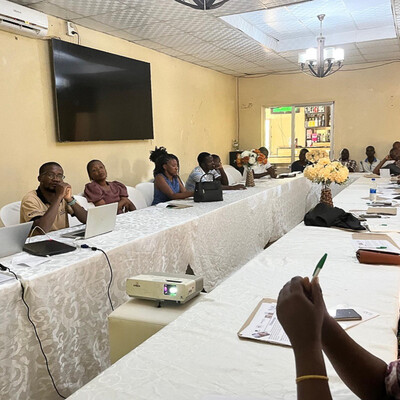
ILRI News
ILRI trains poultry farmers on responsible antibiotic use to reduce AMR in Lilongwe, Malawi
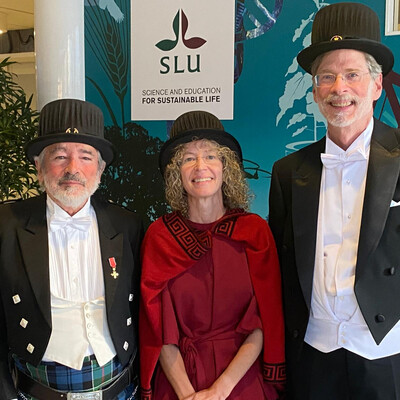
ILRI News
Delia Grace Randolph appointed 'Honorary Doctor' by the Swedish University of Agricultural Sciences
Related Publications

Analysis of antibiotic use and access to drugs among poultry farmers in Kenya
- Muloi, Dishon M.
- Kasudi, Mitchelle R.
- Murungi, Maurice K.
- Ibayi, Eugine L.
- Kahariri, S.
- Karimi, C.
- Korir, Max
- Muasa, B.
- Mwololo, D.
- Ndanyi, R.
- Ndungi, R.
- Njiru, J.
- Omani, R.
- Owada, R.
- Omulo, S.
- Azegele, A.
- Fèvre, Eric M.

Structure, conservation and health implications of urban wild meat value chains: A case study of Lagos, Nigeria
- Akpan, S.N.
- Hooft, P. van
- Happi, A.N.
- Buij, R.
- Langevelde, F. van
- Cook, Elizabeth A.J.
- Hassell, J.M.
- Zimmerman, D.M.
- Masudi, Sherril P.
- Happi, C.T.
- Thomas, Lian F.
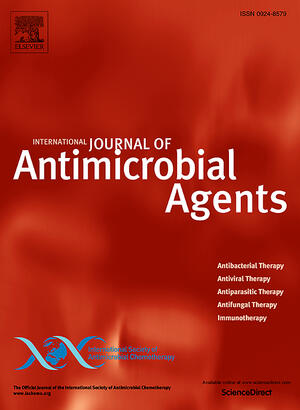
Epidemiology of antimicrobial resistant diarrheagenic Escherichia coli pathotypes from children, livestock and food in Dagoretti South, Nairobi Kenya
- Okumu, Noah O.
- Muloi, Dishon M.
- Moodley, Arshnee
- Ochieng, Linnet
- Watson, J.
- Kiarie, Alice
- Ngeranwa, J.J.N.
- Cumming, O.
- Cook, Elizabeth A.J.

Molecular analysis of human respiratory syncytial virus group B strains isolated in Kenya before and during the emergence of pandemic influenza A/H1N1
- Wangui, J.
- Gachara, G.
- Mobegi, V.
- Agoti, C.
- Otieno, J.
- Opanda, S.
- Opot, B.
- Ngeranwa, J.N.
- Njeru, Regina
- Bulimo, W.





